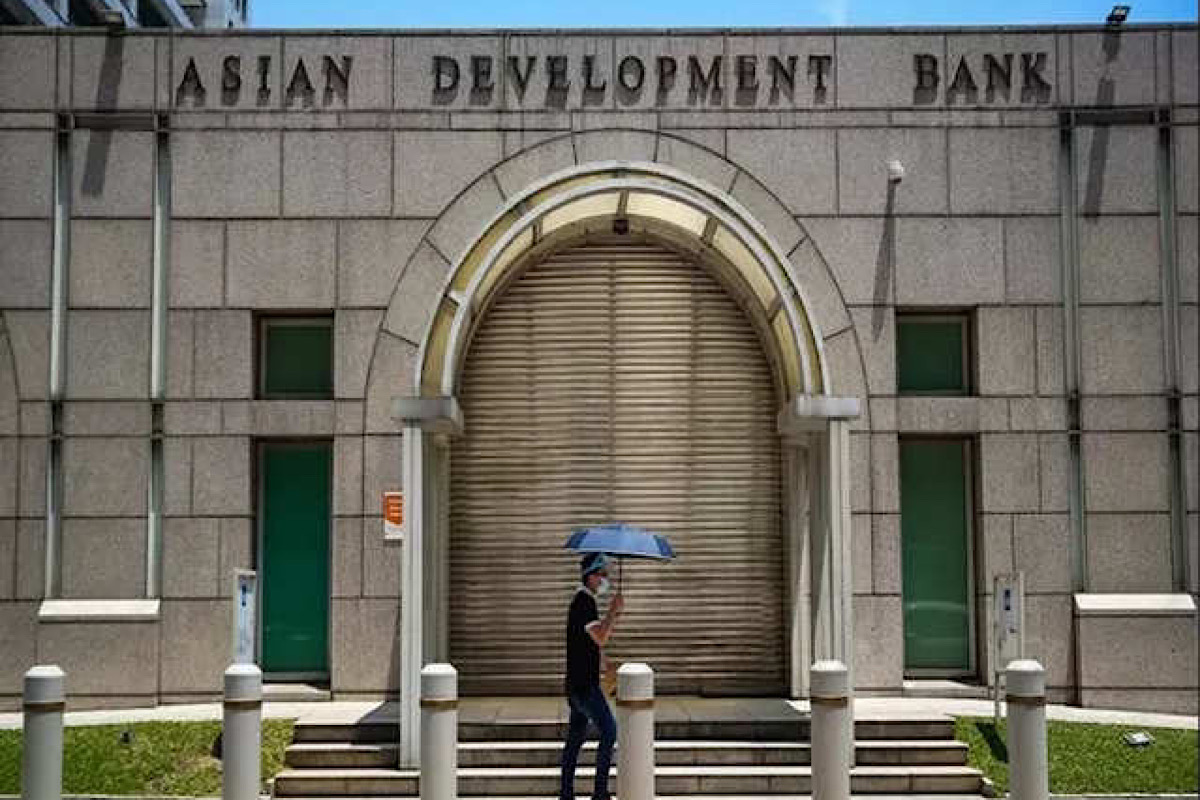The Asian Development Bank (ADB) has greenlit a USD 400 million policy-based loan aimed at bolstering urban services in India under Subprogram 2 of the Sustainable Urban Development and Service Delivery Program.
According to a press release by ADB, this initiative is part of a broader strategy to support the Indian government’s urban reform agenda, enhancing the quality of urban life by fostering top-notch urban infrastructure, ensuring reliable public services, and streamlining governance systems.
Advertisement
While Subprogram 1, which received approval in 2021, laid the groundwork with national-level policies and guidelines for urban service improvement, Subprogram 2 will focus on investment planning and reform initiatives at the state and urban local body (ULB) levels.
According to ADB Principal Urban Development Specialist, Sanjay Joshi, “India has recognized the potential for cities to be centres of economic growth and has emphasized the need to make cities liveable through inclusive, resilient, and sustainable infrastructure, which is also in line with ADB Strategy 2030,”
“The national flagship program of Atal Mission for Rejuvenation and Urban Transformation (AMRUT) 2.0 is targeted for universal access to water supply and sanitation and to ensure urban water security through reducing water losses, recycling treated sewage for non-domestic use, rejuvenation of water bodies, and maintaining sustainable groundwater levels”, added Joshi.
One of the central pillars of this program is the Atal Mission for Rejuvenation and Urban Transformation (AMRUT) 2.0, a national flagship program that aims to achieve universal access to water supply and sanitation.
It also seeks to ensure urban water security by reducing water losses, recycling treated sewage for non-domestic purposes, rejuvenating water bodies, and maintaining sustainable groundwater levels.
The program will actively promote integrated urban planning reforms to manage urban sprawl and encourage organized urbanization through a holistic approach involving legal, regulatory, and institutional reforms.
This includes enhancing the capacity of ULBs and raising community awareness. ULBs will be key drivers in modernizing building bylaws, land pooling, urban agglomeration, and comprehensive urban mobility planning, emphasizing transit-oriented development for well-planned urban growth.
This comprehensive planning will incorporate climate and disaster resilience, nature-based solutions, environmental enhancements, and the improvement of urban finances by generating additional revenue.
Furthermore, cities will be incentivized to attain creditworthiness by implementing reforms that boost revenues, like property taxes and user charges, while simultaneously enhancing efficiency and rationalizing expenditures.
These measures are anticipated to enable cities to explore innovative financing options such as commercial borrowings, the issuance of municipal bonds, sub-sovereign debts, and public-private partnerships to bridge the considerable deficit in urban infrastructure investments.
Throughout the program’s implementation, ADB will provide knowledge and advisory support to India’s Ministry of Housing and Urban Affairs, overseeing the process and conducting monitoring and evaluation.
The focus of ADB’s efforts will be on lower-income states that require additional assistance in terms of capacity building, institutional strengthening, and policy reforms.
Established in 1966 and owned by 68 members, including 49 from the Asia-Pacific region, the Asian Development Bank remains steadfast in its commitment to promoting prosperity, inclusivity, resilience, and sustainability throughout Asia and the Pacific while continuing its mission to eradicate extreme poverty.











